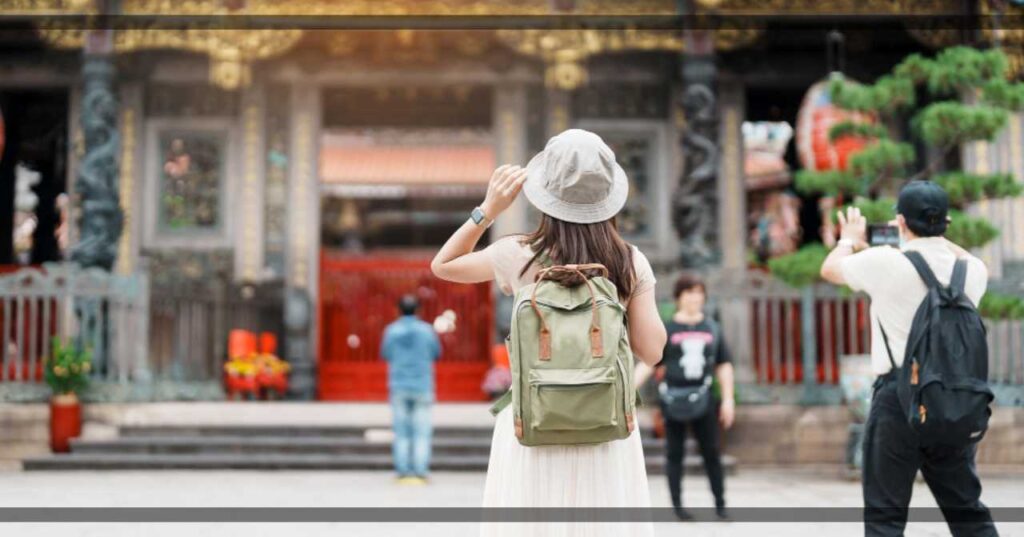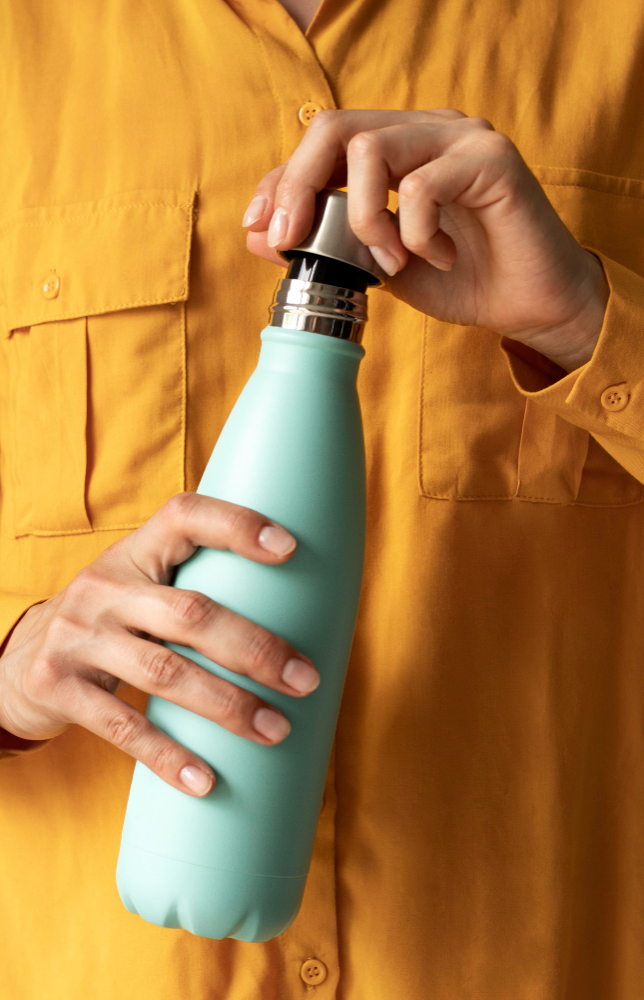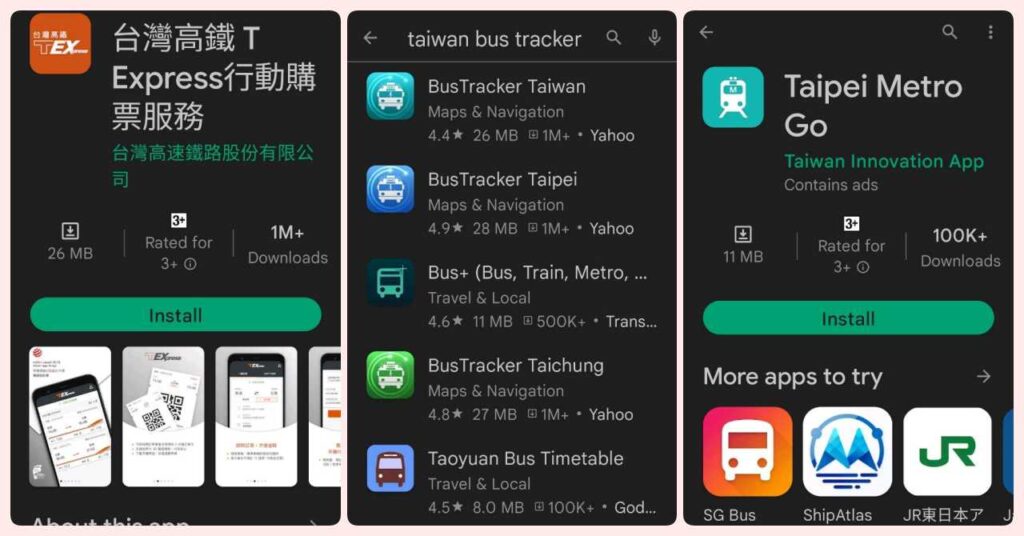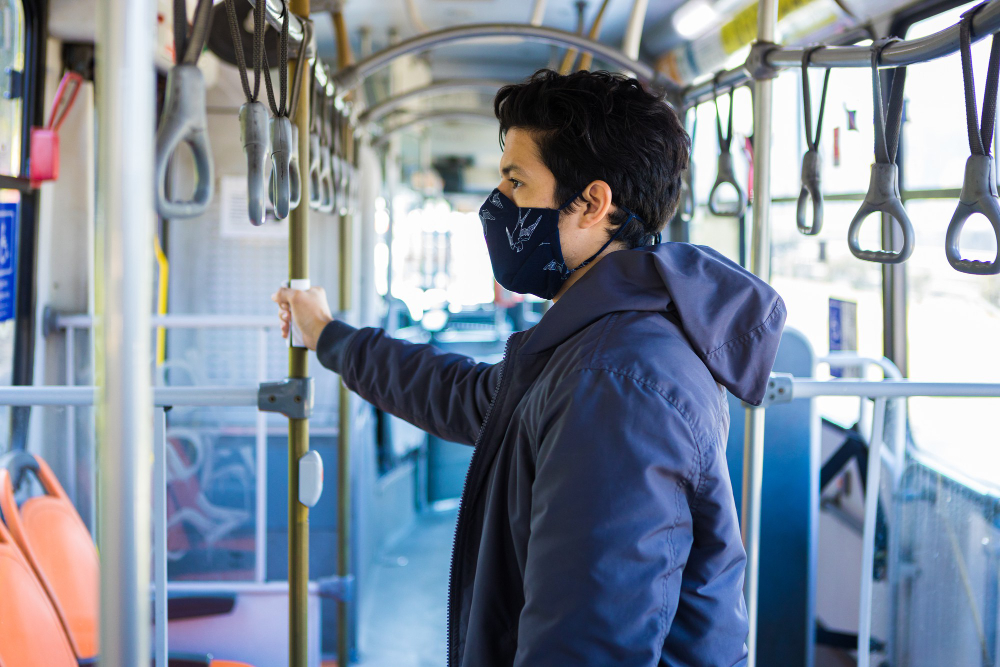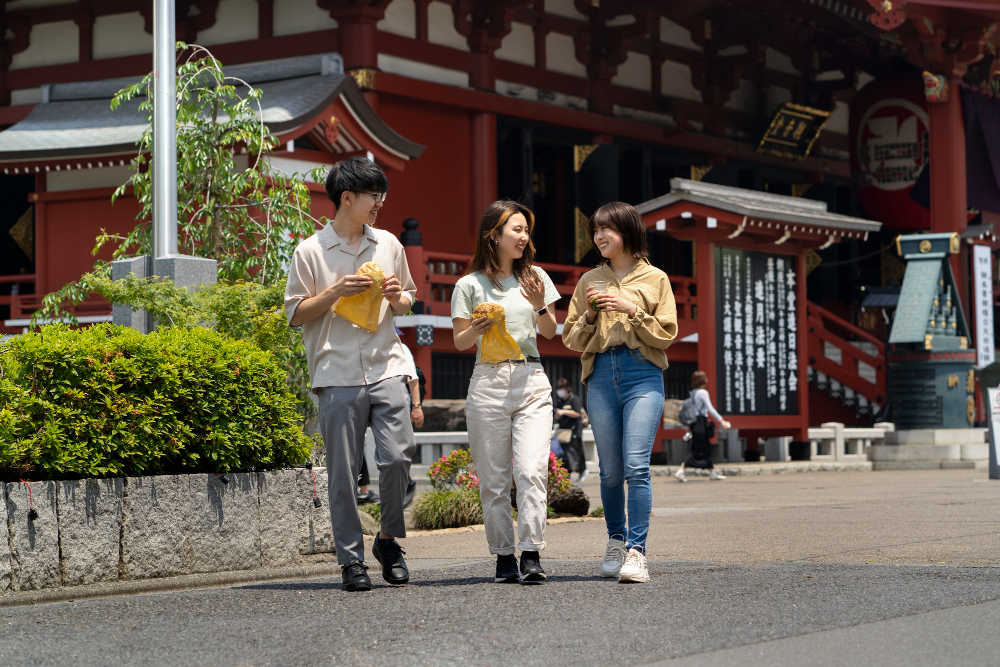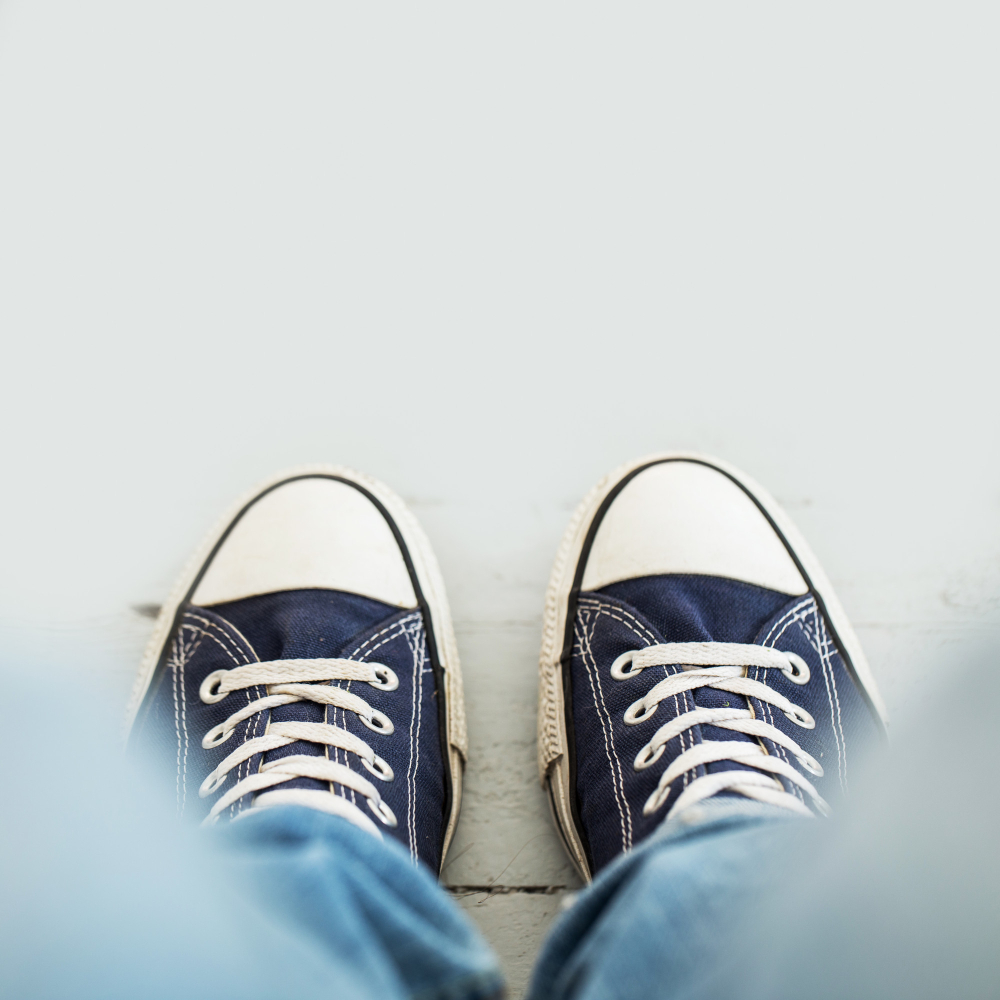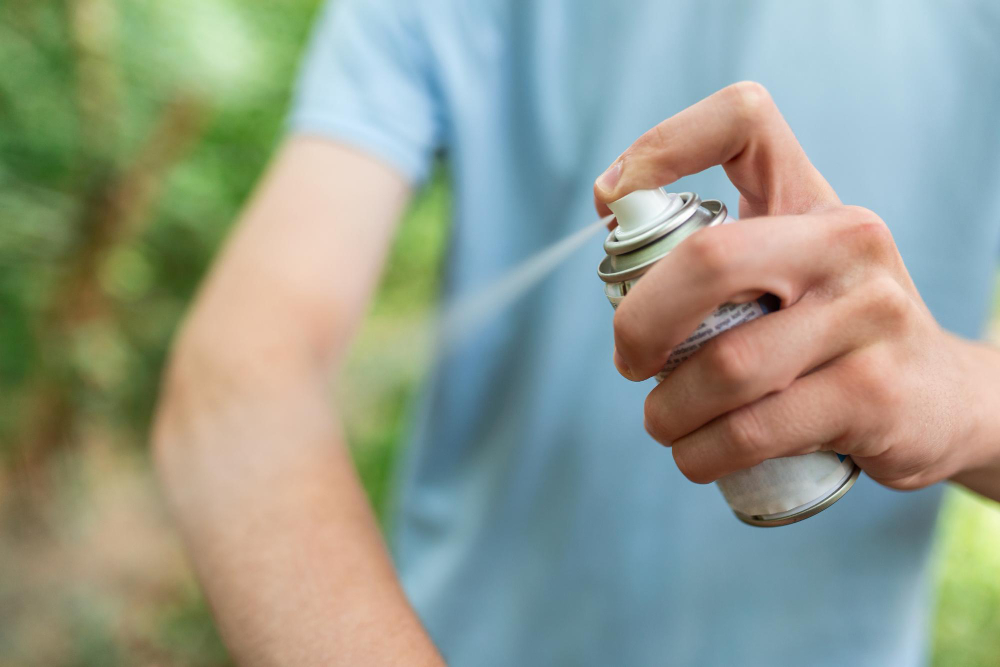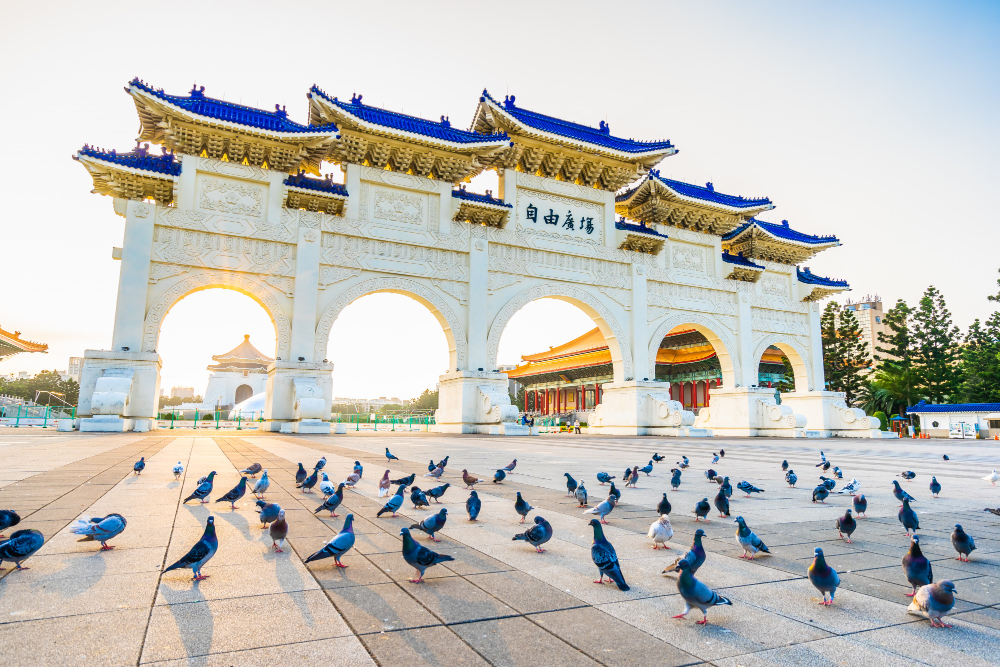Planning to visit Taiwan this 2023? You’re in for a delightful experience! Taiwan boasts a seamless travel experience with its convenient transportation, excellent stores, and restaurants that consistently hit the mark. While the locals often say that “Taiwan’s greatest beauty lies in its people,” the truth is that this captivating island offers much more to marvel at. Moreover, Filipino travelers are in luck as they can visit Taiwan visa-free until July 31, 2023, and enjoy a stay of up to 14 days (excluding those with diplomatic or service passports).
Nevertheless, it’s always beneficial to be equipped with a few insider tips before embarking on your journey. Here are some valuable insights to help enhance your visit to Taiwan.
1. Book your accommodations ASAP
Taiwan offers a diverse range of accommodations, catering to all budgets and preferences. Whether you desire the opulent lifestyle of a multimillionaire or the serene simplicity of a monk, Taiwan has something to suit your needs.
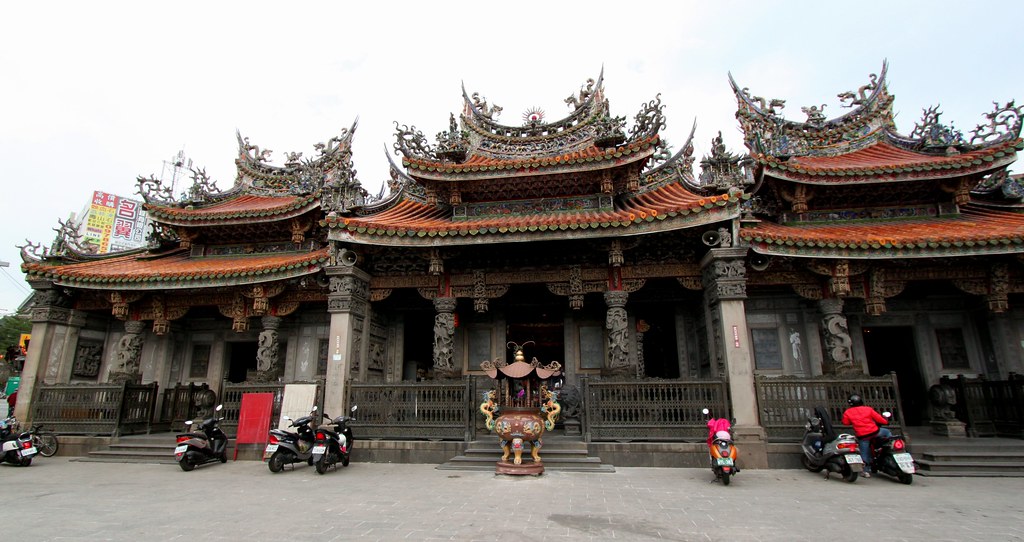
However, for the best value, midrange hostels and bed and breakfasts are recommended. Keep in mind that during peak seasons such as summer, Lunar New Year, and national holidays, rooms are in high demand, and it’s advisable to book at least two months in advance.
Popular destinations like Kenting, Jiufen, and Alishan, favored by local vacationers and glampers, require early reservations. If you’re looking for an economical option, consider staying at temples with guest rooms or even camping.
For those seeking adventure in Taiwan’s majestic high mountains, be prepared to obtain permits, which can take weeks. Additionally, if you wish to stay in the mountain cabins, you’ll need to apply separately. Although the process may require some effort, the awe-inspiring beauty of Taiwan’s highest peaks will undoubtedly reward you generously.
2. Bring enough prescription medications for your trip
When traveling, it’s important to ensure you have an adequate supply of any necessary medications. If you rely on antidepressant medication, blood-pressure medication, or contraceptives, make sure to bring enough with you to stay safe throughout your trip.
In case you need over-the-counter flu or cold medicine, popular stores like Watson’s or Cosmed in Taiwan offer options like Tylenol or its local equivalents.
For women in need of sanitary products, they are readily available at supermarkets and drugstores. It’s worth noting that some cafes and restaurants in Taiwan go the extra mile by providing complimentary sanitary products in the women’s restrooms, making it convenient for travelers in need.
3. Don’t have anything to do with drugs
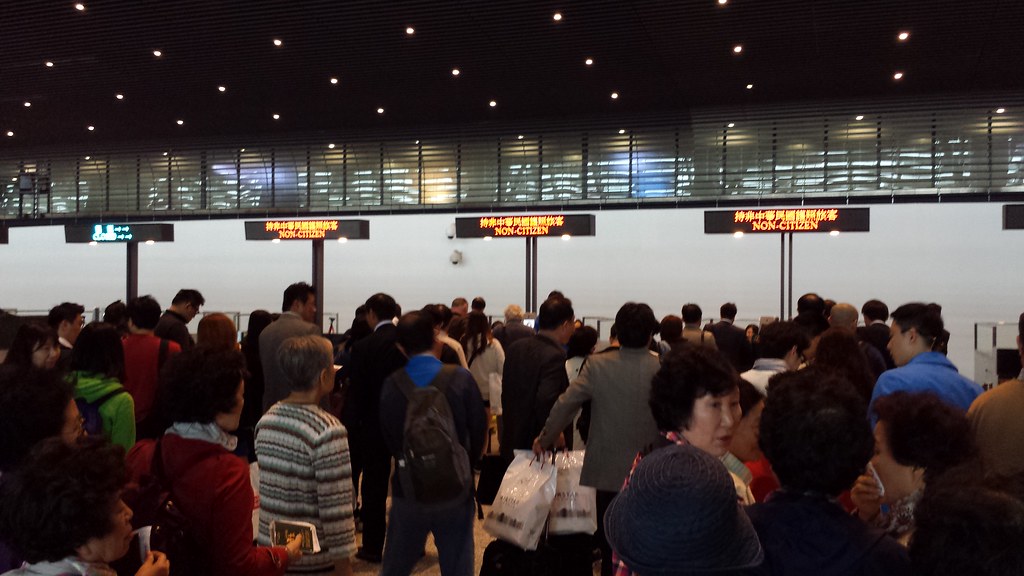
When visiting Taiwan, it is essential to adhere to the country’s strict laws and regulations regarding drugs. It is strongly advised not to bring any drugs, including recreational drugs or prescription medications that are considered controlled substances in Taiwan, as severe penalties, including imprisonment, fines, or deportation, can be imposed for drug-related offenses.
Taiwan has a zero-tolerance policy towards drug possession and trafficking. To ensure a safe and hassle-free trip, it is best to familiarize yourself with the local drug laws and customs regulations before arriving in Taiwan.
If you require any prescription medications, it is advisable to carry a copy of the prescription or a doctor’s note to avoid any misunderstandings. By respecting the laws and regulations of the country, you can have a worry-free visit to Taiwan.
4. Bring your own reusable water bottle
In Taiwan, the tap water is generally considered safe for consumption according to official standards. However, the quality of the pipes within specific buildings can vary, making it difficult to determine their reliability. To ensure the cheapest, most environmentally friendly, and safest option for staying hydrated, it is highly recommended to Bring Your Own Bottle (BYOB).
Conveniently, water fountains can be found throughout Taiwan, including in metro and train stations, public facilities like information centers, libraries, museums, and even temples.
Upon arrival at your accommodation, it’s a good idea to inquire at the reception about the location of the water dispenser, which will allow you to easily refill your bottle and quench your thirst while exploring this beautiful island.
5. Download Taiwan’s common transportation apps
The government of Taiwan has developed highly useful bilingual apps that greatly assist travelers in navigating the transportation system.
These apps provide comprehensive information on routes, fares, arrival and departure times, and even allow you to check whether you can bring larger items such as a cello on board.
For digital train ticket purchases, the T Express app is available for high-speed rail, while 台鐵e訂通 (Taiwan Railway E-Booking) serves the railway.
Alternatively, you can use these apps for informational purposes and purchase tickets at the counter. Taiwan’s metro systems are generally easy to navigate, but utilizing apps like Taipei’s 台北捷運Go (Taipei MRT Go) can help you make informed decisions, such as whether to opt for a day pass or consider taking a bus instead.
Furthermore, Taiwan’s bus apps offer similar information to Google Maps but provide more accurate arrival times, ensuring a smoother travel experience.
6. Tap and go with EasyCard or iPass
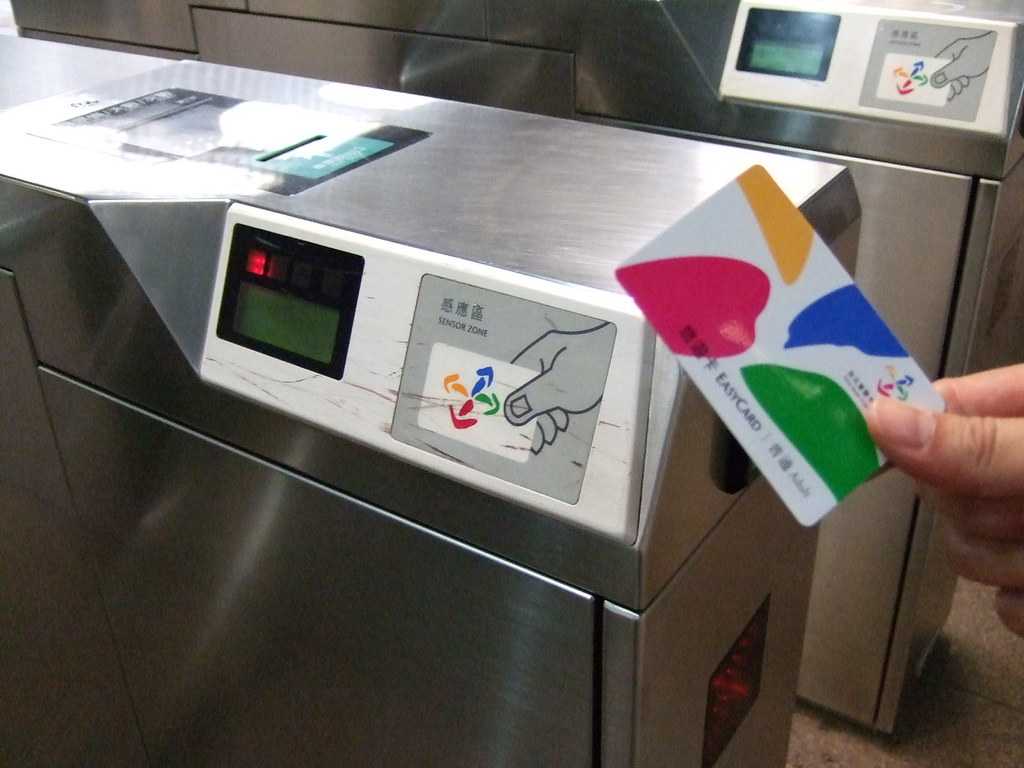
EasyCard is a convenient contactless smart card that serves as a versatile companion for getting around in Taiwan. With a simple “beep,” you can use it on the metro, local buses, and trains (excluding high-speed rail) to pay for your fares hassle-free.
The use of the EasyCard extends beyond transportation, as it can also be used at convenience stores and supermarkets, making it a handy payment solution for everyday needs.
Moreover, if you wish to explore Taiwan on two wheels, you’ll need an EasyCard and a local phone number to access Youbike, the electronic bike-sharing service.
Acquiring an EasyCard is easy, as you can purchase one for NT$100 (3.24 USD) and conveniently top it up at any metro station or convenience store.
It’s important to note that any remaining balance on the card is refundable, so be sure to keep track of it and avoid misplacing your card. The EasyCard truly simplifies your travel and payment experience in Taiwan.
7. Observe public transport etiquette
Public transportation etiquette in Taiwan is a fascinating aspect of local culture. The priority seating on metro trains and buses is easily identifiable by its distinct color, and it is widely understood that these seats are reserved for the elderly, pregnant women, and individuals with physical disabilities.
Most Taiwanese, unless they fall into these categories, would never consider occupying these seats. However, in recent years, there has been a debate about whether age and appearance alone should determine priority, with some suggesting that anyone can use the seats until someone in greater need comes along.
Regardless of your stance on this matter, it’s important to be aware of these dynamics and respect local customs. Another noteworthy observation is the strict adherence to the “no eating and drinking” rule on public transportation in Taiwan.
Chewing gum or even taking sips of water is generally frowned upon. Furthermore, the atmosphere inside the carriages is typically quiet, and chances of overhearing someone’s life story are disappointingly low.
8. Convenience stores *literally* have everything you need
Prepare to be amazed by the convenience stores in Taiwan, as they defy your expectations and offer an array of services. These stores go far beyond the typical convenience store offerings.

Not only can you purchase prepaid phone cards, but you can also take advantage of their printing and photocopying services, buy train and concert tickets, and even send and receive packages locally.
The best part? Most of these tasks can be accomplished through user-friendly automated kiosks, allowing you to multitask while enjoying the tantalizing aroma of tea-infused eggs, roasted sweet potatoes, or whatever delectable rice or pasta dish a fellow customer happens to be heating up for their indoor seated pleasure.
Keep in mind that not all kiosks have complete English translations, but fear not, as the friendly staff is always ready to assist you, especially if there isn’t a line behind you.
And here’s a bonus: you’ll also find ATMs and clean restrooms at these convenience stores, making them a true haven of convenience for any traveler.
9. Be aware of where to smoke
In Taiwan, smoking is strictly prohibited in all indoor public spaces, including hotels, restaurants, shopping malls, and metro stations.
The ban is diligently enforced to ensure a healthy and smoke-free environment for everyone. However, it is worth noting that smoking at alfresco cafes is still a common practice.
These outdoor establishments often provide designated areas where patrons can enjoy their cigarettes while savoring their meals or beverages.
This compromise allows smokers to indulge in their habits while minimizing the impact on non-smokers and maintaining a pleasant outdoor dining experience.
10. Book restaurants early
When visiting Taiwan, food will undoubtedly be a significant highlight of your trip. To fully indulge in the culinary delights, it’s important to plan ahead.
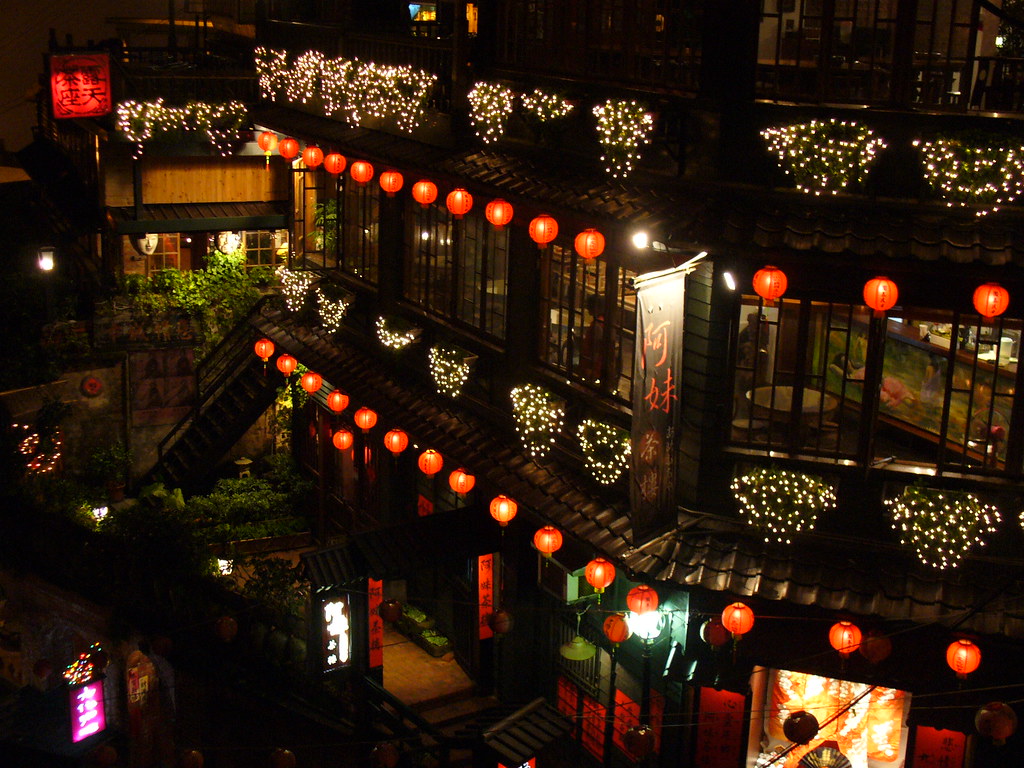
Making reservations for weekend dining is strongly recommended to secure a table. Most restaurants require booking a few days in advance, but for esteemed Michelin-starred establishments like RAW and Le Palais, it’s advisable to reserve a month or two ahead of time.
Reservations can typically be made via phone or through Facebook, and an increasing number of places also offer the convenience of reserving through Google.
However, for popular walk-in-only hot spots, it’s best to arrive early to avoid Taiwan’s famous queue culture. Dinner service usually begins around 5:30 pm and wraps up within three hours, meaning dining options may become limited after 8 pm.
But fret not, as the vibrant night markets beckon with a wide array of delectable street food and culinary delights to satisfy your late-night cravings.
11. Tipping is not customary (but it is appreciated)
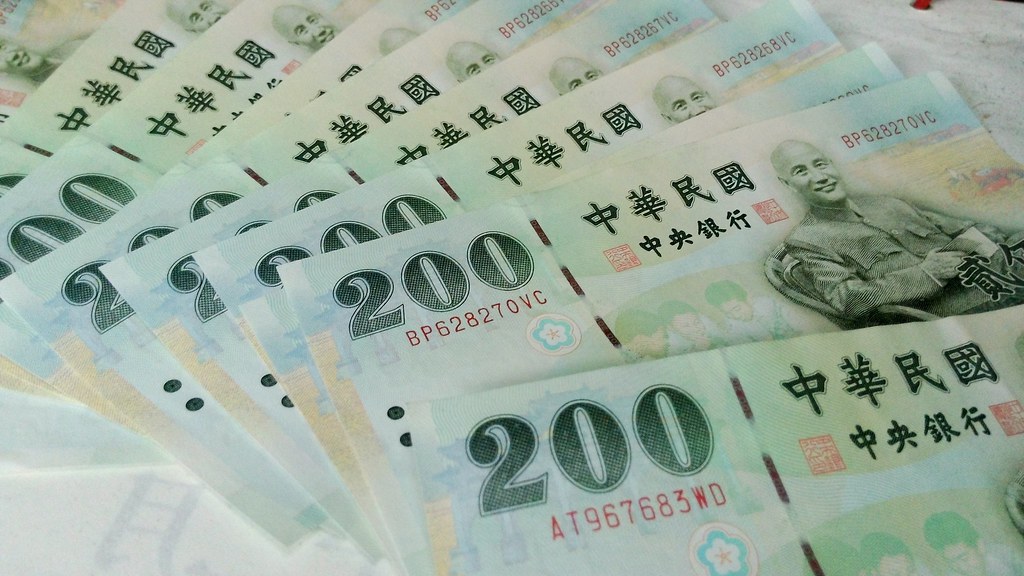
In Taiwan, tipping practices differ from those in many other countries. At restaurants, it is not customary to leave a tip, regardless of whether a 10% to 15% service charge is already included in the bill (which is common).
Taxi drivers generally don’t expect tips, but rounding up to the nearest dollar is appreciated and may elicit a grateful “xie xie” (thank you). When staying at higher-end hotels, it is considered courteous to offer NT$100 to the porter for their assistance.
If you are satisfied with the service provided by a massage therapist or a tour guide, it is customary to add a 10% tip to the total bill as an expression of gratitude.
12. Wear whatever you like, but dress respectfully at temples
Fashion sensibilities in Taiwan vary across different age groups and regions. While middle-aged Taiwanese often opt for conservative attire, young urbanites in cities like Taipei and Kaohsiung embrace a more fashion-forward and open-minded approach.
However, it’s important to note that certain styles, like crop tops, may still attract curious glances, as Taiwanese society generally leans towards modesty compared to fashion capitals like London or New York.
Given the hot summers in Taiwan, it’s common for people to prioritize comfort over conforming to societal norms, so feel free to wear whatever you’re comfortable in, even if it garners occasional stares.
However, it’s essential to be mindful of cultural norms when visiting temples, where modest dress is considered respectful.
As a general guideline, your clothing should cover your thighs, shoulders, and midriff to show reverence in these sacred spaces.
13. Take off your shoes when entering homes
In Taiwanese culture, it is customary to remove outdoor shoes before entering someone’s home. If your host offers you a pair of slippers, it is polite to accept them and wear them inside.
Alternatively, you can suggest going with socks if you feel more comfortable. However, when it comes to temples, particularly urban ones, it is not customary to remove shoes upon entry.
The rule of removing shoes may be enforced only in specific halls that house sacred relics or fragile heritage buildings, where extra care is necessary.
It is always best to observe the behavior of others or ask for guidance if you are unsure about the shoe etiquette in a particular temple.
14. Taiwan has exceptional toilets
Taiwan is known for its abundance of free and impeccably clean public facilities. While most public toilets adopt the squat style, you can usually find at least a couple of stalls with sit-down facilities, often equipped with toilet paper. Western-style toilets are prevalent in hotels and apartments, providing a more familiar experience for visitors.
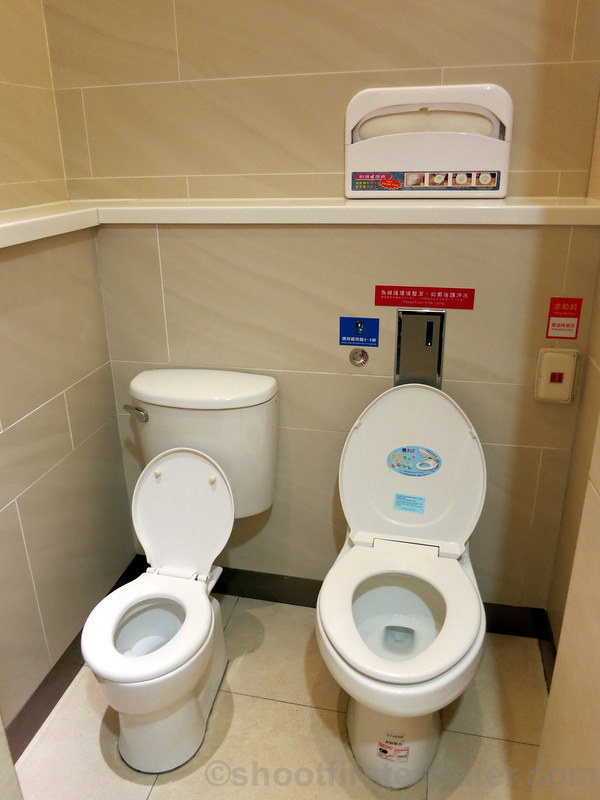
However, it’s worth noting that in many restaurants, it is customary to dispose of used toilet paper in the wastebasket beside the toilet instead of flushing it.
This practice helps maintain plumbing systems and ensures smooth operation. So, while there may be slight variations in toilet etiquette, rest assured that Taiwan offers convenient and well-maintained restroom facilities throughout the country.
15. Taiwan is often affected by natural disasters
Taiwan’s geographical location makes it prone to natural disasters such as earthquakes, typhoons, floods, and landslides. It’s important to stay cautious and informed when traveling in the country.
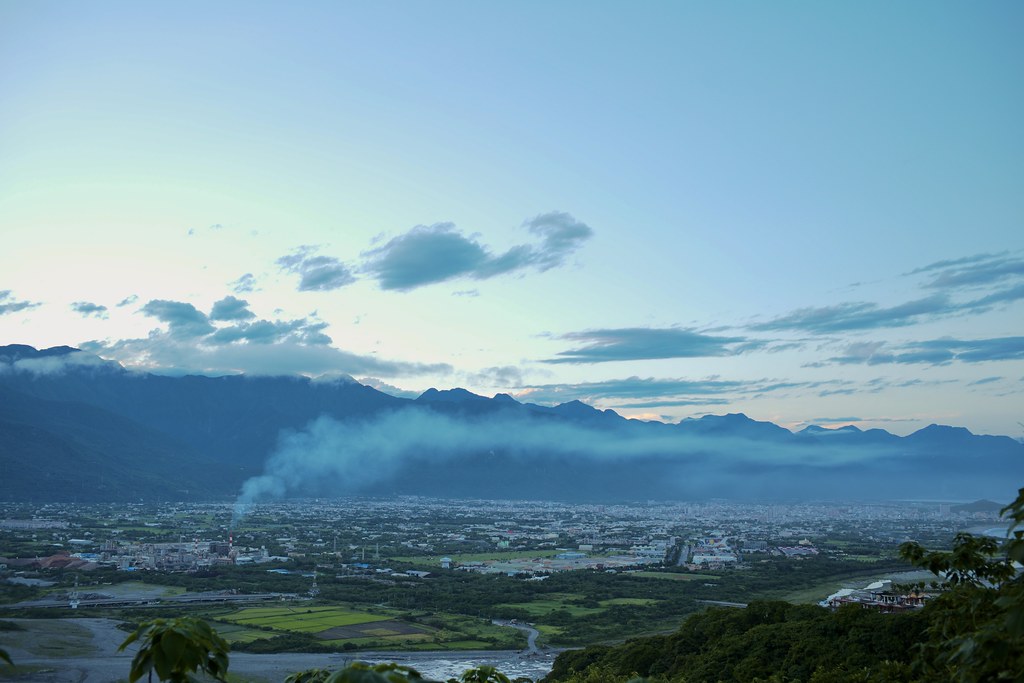
After an earthquake or heavy rains, it is advisable to avoid mountainous areas as they may be at an increased risk of landslides.
Strong winds often disrupt sailing schedules to and from Taiwan’s islands, and cross-island buses may cease operations after a landslide. To ensure a smooth journey, always check with the relevant authorities before heading to the station or pier, and it’s wise to carry an umbrella for unpredictable weather conditions.
By staying vigilant and keeping abreast of the latest information, you can navigate Taiwan’s beautiful landscapes with safety in mind.
16. Female solo travelers are safe in Taiwan
Taiwan boasts an impressively low crime rate, making it a safe destination for travelers. However, it’s important to exercise common sense and take necessary precautions to ensure your personal safety.
Avoid walking alone in dimly lit or secluded areas, especially during nighttime. To provide an additional layer of security, certain train and metro stations in Taiwan have designated women-only wait zones, specifically designed to cater to the safety and comfort of female passengers during late hours.
By being cautious and mindful of your surroundings, you can fully enjoy Taiwan’s peaceful atmosphere and have a worry-free travel experience.
17. Taiwan is a welcoming place for LGBTIQ+ travelers
Taiwan stands as a beacon of progressiveness and inclusivity in Asia, having become the first country on the continent to legalize same-sex marriage. The friendly and accepting atmosphere is particularly prominent in Taipei, which proudly hosts the most vibrant Pride Parade in the Chinese-speaking world.
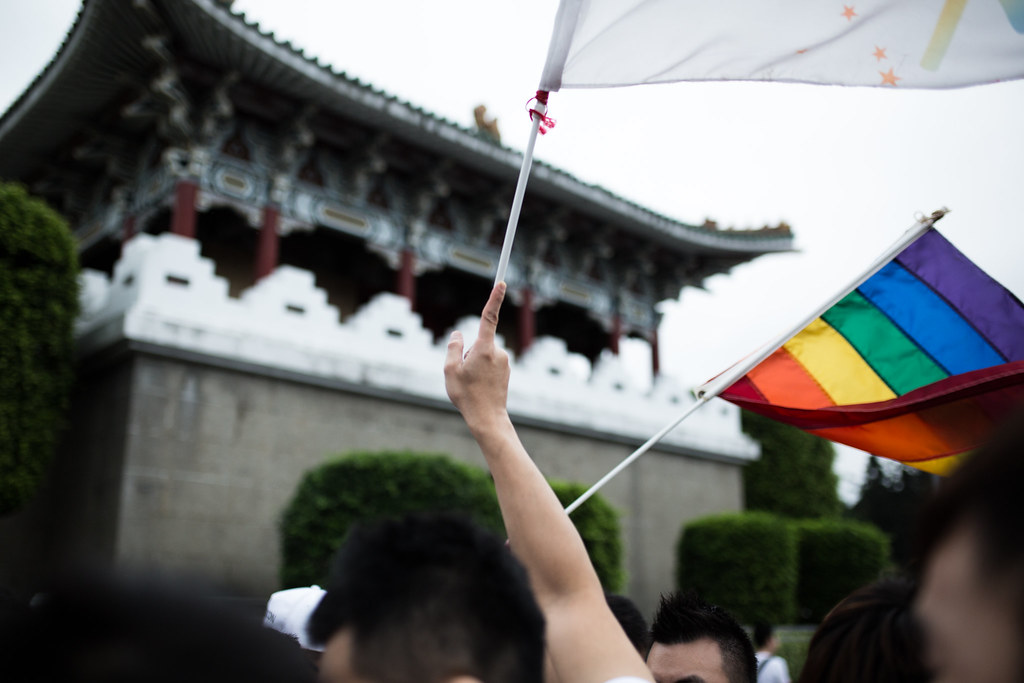
Not far behind, Kaohsiung also boasts its own Pride celebration, reflecting the country’s commitment to LGBTQ+ rights. When it comes to nightlife, Taipei takes the lead, offering a dynamic and diverse scene that caters to all preferences.
For those seeking resources and support, organizations like Utopia, Taiwan Tongzhi (LGBTQ+) Hotline Association, and Taiwan LGBT Pride are invaluable in providing information and assistance to the LGBTQ+ community. Taiwan’s progressive stance and the vibrant LGBTQ+ scene make it a welcoming destination for all.
18. You can get by without much Chinese
English proficiency among Taiwanese people in major cities is generally quite good, with many locals having at least a basic understanding of the language. However, as you venture away from the urban areas, the prevalence of English decreases.

Nevertheless, the warm and welcoming nature of the Taiwanese people makes communication a pleasant experience. In cases where language barriers arise, modern technology comes to the rescue.
With the assistance of tools like Google Translate, you can bridge the gap and navigate your way effectively. The combination of Taiwanese hospitality and the aid of translation tools will ensure that you can still have meaningful interactions and go a long way in exploring this beautiful country.
19. Explore Taiwan’s night markets for delicious local food and unique shopping experiences
Exploring Taiwan’s vibrant night markets is an absolute must for any visitor seeking to indulge in delicious local cuisine and enjoy unique shopping experiences.
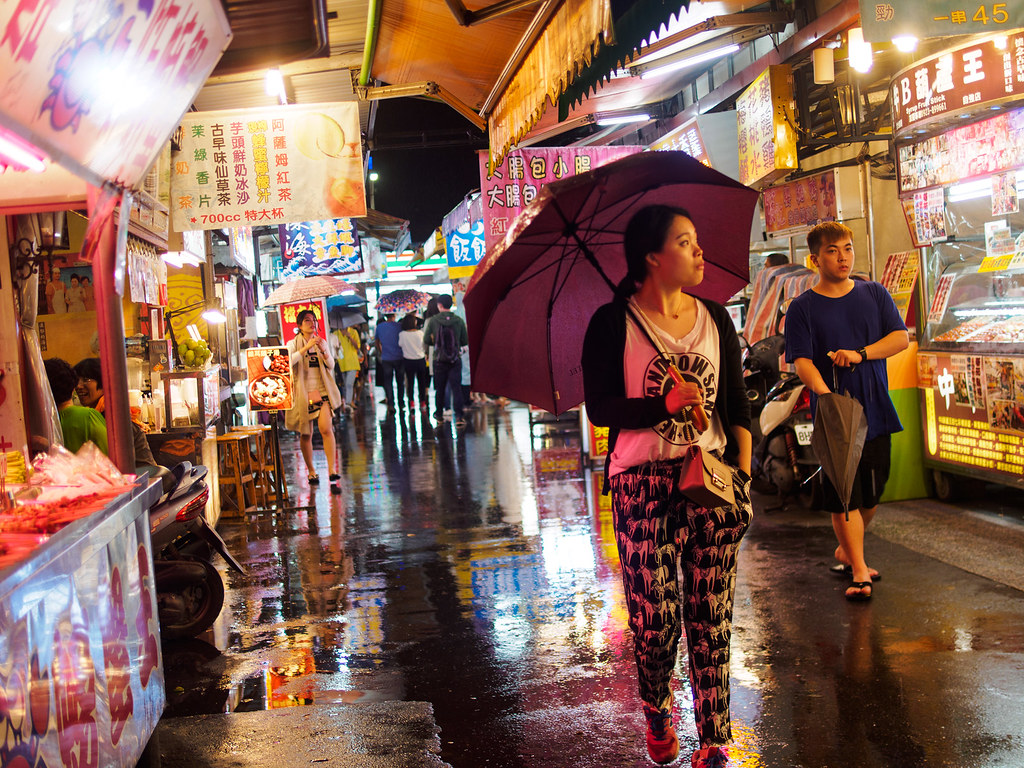
These bustling markets come alive after sunset, offering a plethora of mouthwatering food stalls where you can savor Taiwanese delicacies such as stinky tofu, bubble tea, oyster omelets, and beef noodle soup.
Immerse yourself in the lively atmosphere as you stroll through the vibrant stalls, discovering a wide array of affordable clothing, accessories, electronics, and souvenirs.
Don’t miss out on the opportunity to try your hand at bargaining for a better deal.
From the famous Shilin Night Market in Taipei to the bustling Fengjia Night Market in Taichung, Taiwan’s night markets are a treasure trove of culinary delights and unique finds that will leave you with unforgettable memories of your trip.
20. Be prepared for the hot and humid weather in Taiwan, especially during the summer months
When visiting Taiwan, it is essential to be prepared for the hot and humid weather, particularly during the summer months. The temperatures can soar, accompanied by high levels of humidity, which can be challenging for those unaccustomed to such conditions.
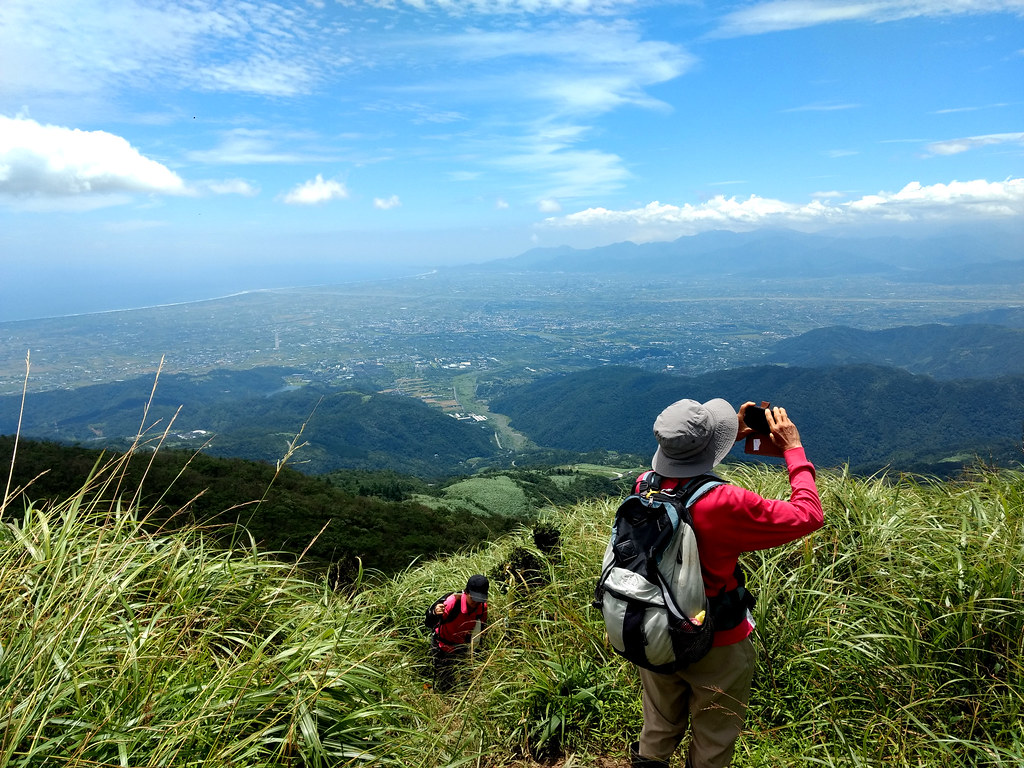
To beat the heat, it is advisable to dress in lightweight, breathable clothing and carry a hat, sunglasses, and sunscreen for protection against the strong sun rays. Staying hydrated is crucial, so be sure to drink plenty of water throughout the day.
Consider scheduling your outdoor activities during the cooler mornings or evenings and take breaks in air-conditioned spaces when possible.
By being prepared and taking necessary precautions, you can fully enjoy your time in Taiwan, even in the midst of its hot and humid weather.
21. Visit Taiwan’s museums and cultural sites to learn more about the country’s rich history and traditions
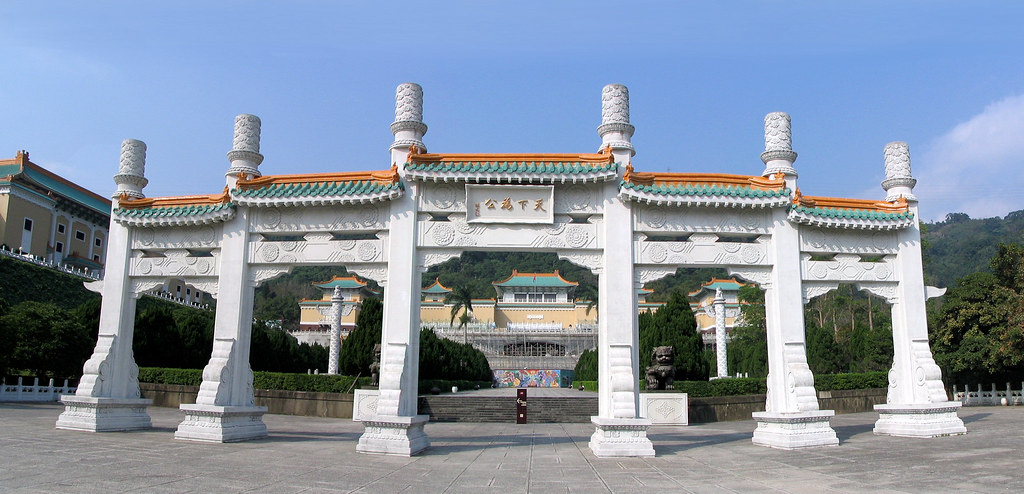
A visit to Taiwan’s museums and cultural sites is a fantastic way to delve into the country’s vibrant history and cherished traditions. Immerse yourself in the past as you explore the fascinating exhibits that showcase Taiwan’s unique heritage.
From national museums to local galleries, you’ll find a wealth of information and artifacts that offer valuable insights into the culture, art, and traditions of Taiwan.
Learn about the indigenous tribes, the island’s colonial history, and the influences that have shaped modern Taiwan. Engaging with the exhibits, guided tours, and interactive displays will deepen your understanding and appreciation of this remarkable country.
22. Use insect repellent to avoid mosquito bites and the risk of mosquito-borne illnesses
When visiting areas where mosquitoes are prevalent, it is important to protect yourself from mosquito bites and the potential risk of mosquito-borne illnesses.
Using insect repellent is a highly effective measure to prevent mosquito bites. Look for repellents containing ingredients such as DEET, picaridin, or oil of lemon eucalyptus, as they provide the best protection. Apply the repellent evenly on exposed skin and clothing, following the instructions on the product.
23. Carry cash with you, as some smaller businesses may not accept credit cards
When traveling in Taiwan, it is advisable to carry cash with you, as certain smaller businesses may not accept credit cards. While credit card acceptance is widespread in major establishments and urban areas, some smaller shops, markets, or local vendors may prefer cash transactions.
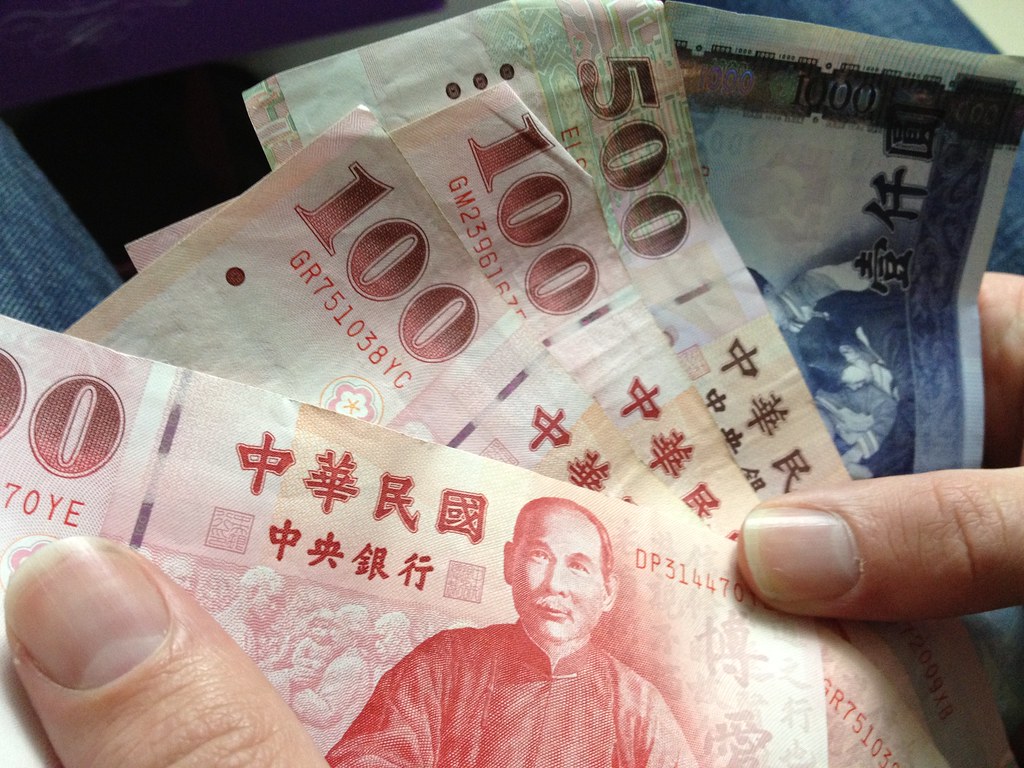
Having cash readily available will ensure that you can conveniently make purchases and transactions, especially in more remote or traditional areas.
It’s also a good idea to withdraw cash from ATMs or exchange currency at banks before venturing into areas where card acceptance may be limited.
24. Consider taking a day trip outside of Taipei to see more of Taiwan’s beautiful scenery and natural wonders
If you’re visiting Taipei, consider taking a day trip to explore the captivating scenery and natural wonders that Taiwan has to offer beyond the city limits. Just a short journey away, you’ll discover a wealth of breathtaking landscapes and enchanting destinations.
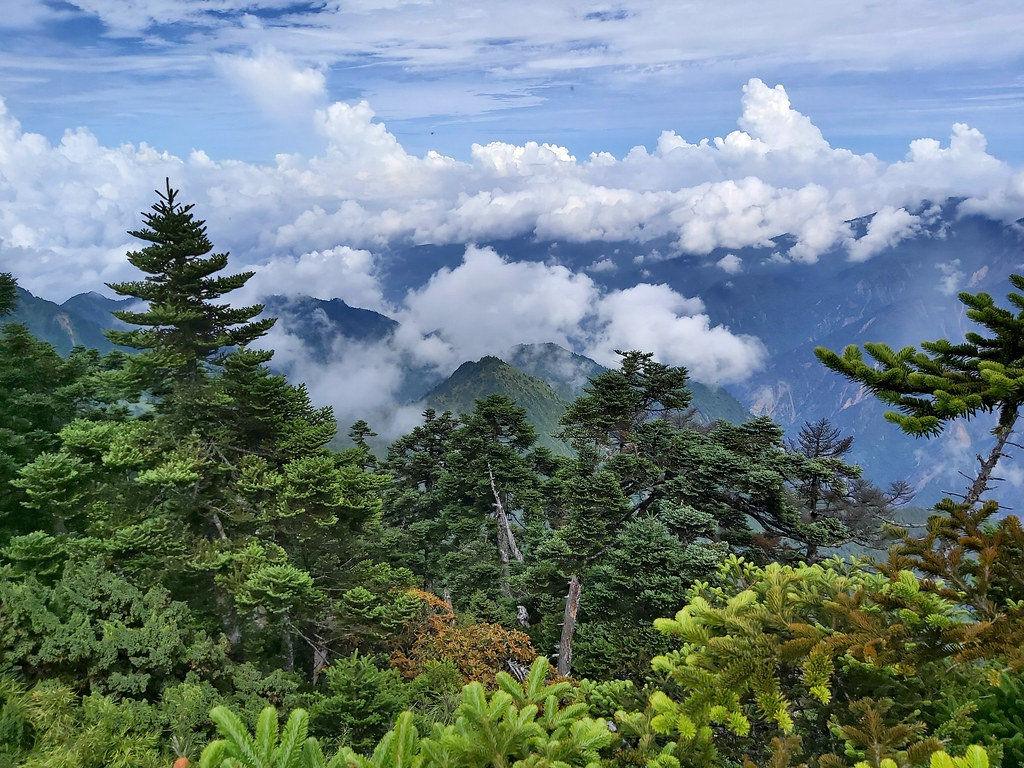
/ Flickr
From the lush rolling hills of Yangmingshan National Park to the stunning coastline of Yehliu Geopark, there is something for everyone to enjoy. You can also venture further to destinations like Jiufen, Taroko Gorge, or Sun Moon Lake, each boasting their own unique charm.
25. Be aware of Taiwan’s laws and regulations, including its strict drug laws and penalties for littering.
One crucial aspect to be aware of is Taiwan’s strict drug laws. Possession, distribution, and trafficking of illegal drugs can result in severe penalties, including lengthy imprisonment or even the death penalty. It’s crucial to avoid any involvement with illegal drugs during your stay.
Additionally, Taiwan places a strong emphasis on cleanliness and environmental preservation. Littering is taken seriously, and hefty fines can be imposed for violating this regulation. Always dispose of your trash properly and respect the environment.
By staying informed and following these guidelines, you can have a safe and respectful experience while exploring Taiwan.
Summary
In conclusion, Taiwan promises a delightful travel experience for those planning a trip. From efficient transportation systems to a wide range of top-notch stores and restaurants, the island offers convenience and satisfaction at every turn.
Arming yourself with insider tips and valuable insights before your journey will undoubtedly enhance your overall experience in Taiwan. So pack your bags, embrace the adventure, and prepare to create unforgettable memories on this enchanting island!
READ NEXT: How Much is the Cost of Living in Taiwan for OFWs?
